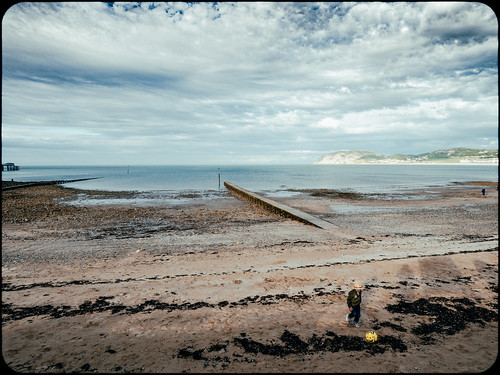[Two preliminary notes, in response to last week’s comments: First, on Klein’s definition of “polarization”: For Klein, polarization is the process whereby people’s opinions either change, or the distribution of opinions sorts, to cluster around two poles, with fewer people left in the middle. Importantly, this does not entail that either side is more extreme. So: sorting is a subcategory of polarization—both have the consequence of increasing tension between the two ends of the spectrum, “which is what polarization is meant to describe” (32); but polarization is importantly distinct from extremism. Second, on the structure of the book, which I should have emphasized. Institutions like the media are a crucial part of Klein’s explanation for polarization. This discussion plays out in the second part of the book. The first part of the book is about our polarizing political identities, which polarizing institutions interact with. On the whole, Klein wants to show that polarization is a feedback loop: “Institutions polarize to appeal to a more polarized public, which further polarizes the public, which forces the institutions to polarize further, and so on” (136-7). Today’s post finishes up a point I wanted to make about polarizing identities. Next week and the week after, Parts 3 and 4 will move on to the stuff on institutions.]
In last week’s post about Why We’re Polarized, I wrote about Ezra Klein’s case for sorting as a kind of identity convergence. Here’s a summary in his words: “Today, the parties are sharply split across racial, religious, geographic, cultural, and psychological lines. There are many, many powerful identities lurking in that list, and they are fusing together, stacking atop one another, so a conflict or threat that activates one activates all” (136). I concluded by noting that I’m particularly interested in the practical upshots of the geographic aspect of identity convergence. I live in a liberal enclave, and I’ve often wondered what kinds of moral reasons I might have to leave it. I’ve wondered how strong those reasons are relative to the self-interested reasons I have to live wherever I most prefer to live. Remember that Klein compared identity convergence to stacking magnets on top of one another, “so the pull-push force of that stack is multiplied” (47-8). I’m struck by the fact that, in his discussion of practical upshots, he doesn’t raise the possibility that we have some personal obligations to shuffle up our own magnets.
[click to continue…]





